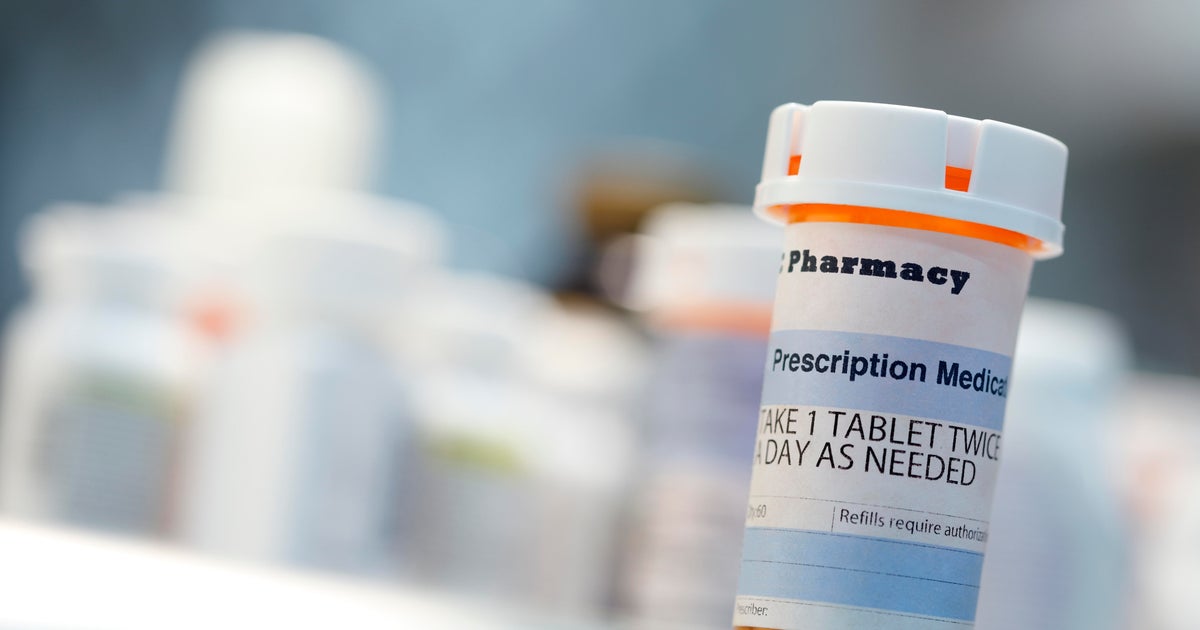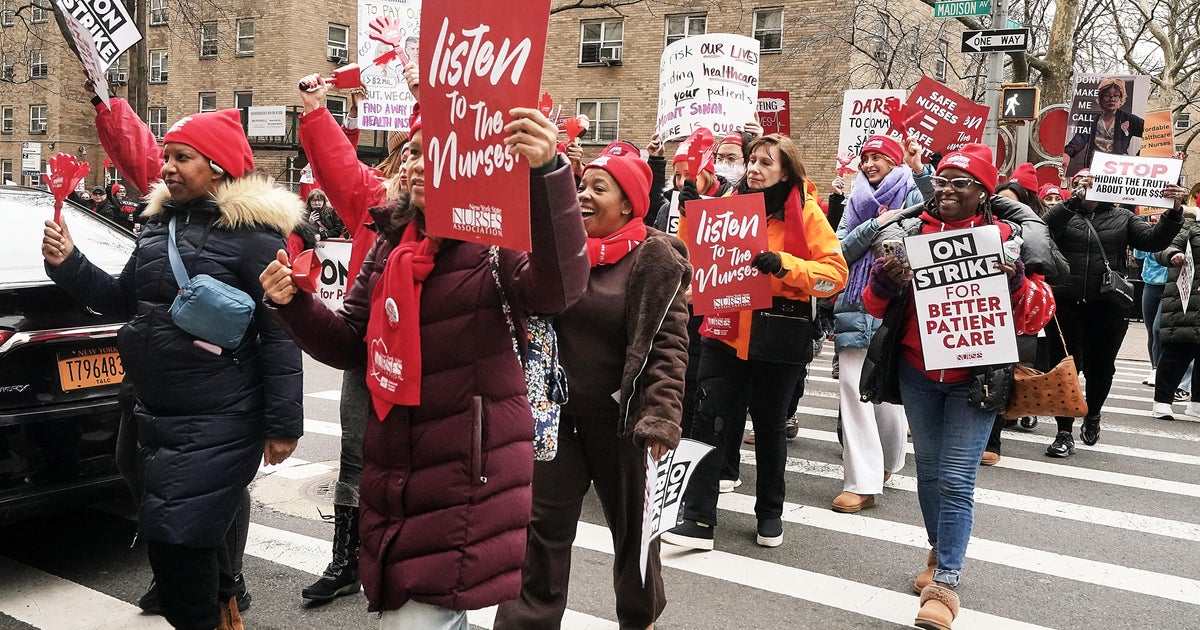Pfizer vaccine vials contain excess doses, surprising hospitals and pharmacists
Pfizer's COVID-19 vaccine appears to be in slightly less short supply than originally thought.
Hospitals around the U.S. this week got their first vials of the vaccine, which was jointly developed by pharmaceutical giant Pfizer and Germany's BioNTech and is the first to be approved by the U.S. Food and Drug Administration. Many hospitals have quickly discovered that the vials they were told contained a maximum of five doses actually contain six or in some cases even seven doses.
"What we have learned from our colleagues around the state and country is that if you follow the manufacturer's directions very specifically, you actually end up with six full doses in each vial," Dr. Brook Watts, chief quality officer MetroHealth Hospital in Cleveland told CBS News' Errol Barnett. "It's a miracle."
Kevin Fearon, chief operating officer of Absolute Pharmacy, told CBS MoneyWatch that it is not unusual for vaccine manufacturers to include some overfill with the doses. "It happens with the flu vaccine all the time," he said. "The public may be surprised by this, but it is common practice."
Although vaccine experts and pharmacists say that such "overfill" is common, not every manufacturer tends to supply it. Some medical pros said they were surprised Pfizer didn't specify in advance there would be extra doses of its COVID-19 vaccine.
Dr. Shoshana Ungerleider, an internal medicine physician at California Pacific Medical Center, said she and her staff were initially confused by the additional supply. "But the FDA has said that given the public health emergency that we're in, it is acceptable to use every last bit left over in each vial," Ungerleider said. "The only thing that's really important, though, is if people are able to get a first dose that there is enough vaccine so that they have a second shot waiting for them when they return in a few weeks."
The potential problem, Fearon explained, is that some portion of a vaccine can stick to the walls of the barrel of a syringe. And different syringe barrels create more waste than others.
The federal government's Operation Warp Speed does send syringes and other supplies that hospitals and pharmacies need to prepare and administer the vaccines. But the program procured its supplies from various manufacturers, so not all of the syringes included in the packets are the same.
"I have heard from other hospitals that there is overfill but it is not consistent," Fearon said. "Sometimes there is an extra dose, sometimes there is more than that."
What's more, the government only included five extra syringes for every shipment of 100 doses. Hospital administrators say that for now they have the extra syringes on hand; but if most vials contain six doses instead of five, they may quickly run out of syringes.
"The general sense is that, wow, this is great," said Azra Behlim, who is in charge of the pharmacy operations at Vizient, a purchasing manager for hospitals. "But if we are going to be able to get this out, there is going to have to be an amping up of the supplies on hand."
As of now, the FDA and Pfizer are giving slightly different guidance. Pfizer in a statement said it was not providing advice on what hospital managers should do with the extra doses. But it recommended against mixing excess doses from two vials, meaning if there was not enough extra dose in one vial, then the remaining should be thrown away.
"The amount of vaccine remaining in the multidose vial after removal of five doses can vary, depending on the type of needles and syringes used," Pfizer said. "Vaccinators need to consult their institution's policies for the use of multidose vials."
Conversely, the FDA is telling hospitals to go ahead and use the extra doses if they have them.
Pfizer declined to answer additional questions from CBS MoneyWatch about why there is excess vaccine and why their guidance differs from the FDA's advice.
Fearon said his pharmacy, which specializes in long-term care facilities, got its first doses on Thursday morning. It will begin administering them in nursing homes on Friday. He didn't know if his team will have extra doses on hand, but if they do he is planning to use them.
"It means we will be able to stretch the supply further," Fearon said. "It's not going to lead to waste."
Errol Barnett contributed to this report.



